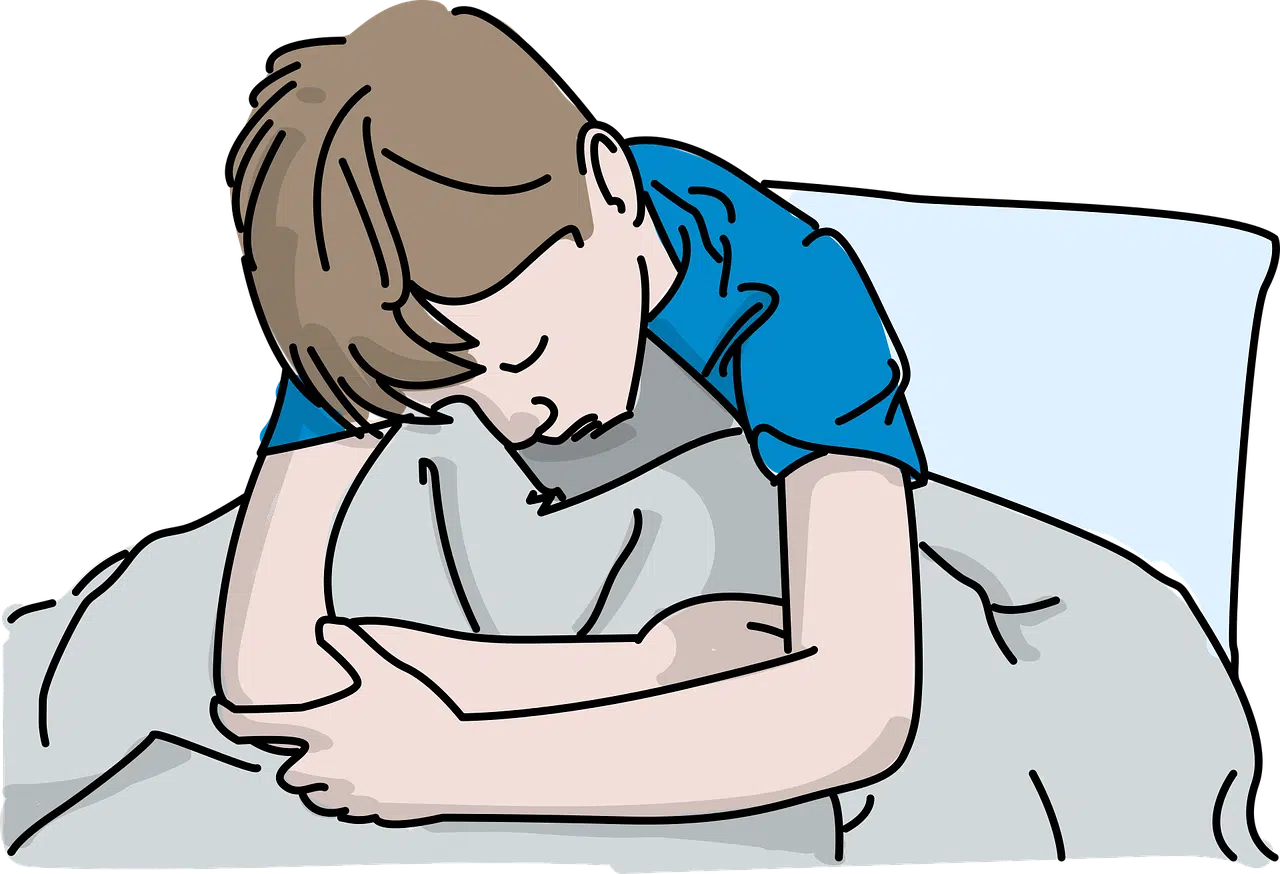
Child psychology studies the behavior of children.
Child psychology is responsible for the study of child behavior, from birth to adolescence . In this way, this branch of psychology focuses on physical, motor, cognitive, perceptual, affective and social development. This is how child psychologists carry out methods to predict and solve problems in children's mental health.
In Greek and Latin we find the etymological origin of the two words that give shape to the term. Specifically, the first of those, psychology , we can determine that it emanates from Greek as it is made up of the union of psyche , which can be translated as "soul", and logia , which is synonymous with "the study of." Meanwhile, the second word, infantile , has its origins in the Latin word infantilis, which is equivalent to “relating to babies.”
Factors studied by child psychology
Child psychology addresses two variables that can affect a child's development: the environmental factor , such as the influence of their parents or friends, and the biological factor , determined by genetics .
One of the fundamental issues that we try to convey through the aforementioned child psychology is also the need for parents to react and know when to go to it in order to find a solution to the problem their child has, whatever type it may be. In this sense, it is established that there are a series of parameters that can indicate to the father or mother that the time has come to request the help of specialists.
Thus, it makes it known that you have to choose professionals when you are experiencing a major crisis within the family, when the child has problems at school , when he has relationship problems with his classmates, when his child is depressed or when the personality and behavior of that one has changed radically.

The emotional problems of minors can be treated using child psychology techniques.
Main theories
Regarding its main theories, child psychology is based on the description of personality and perception developed by the Austrian Sigmund Freud , and on the concepts of cognitive knowledge proposed by the Swiss Jean Piaget .
For Freudian theory, the development of a healthy personality is essential to satisfy the child's instinctive needs. Freud states that the three structural stages of personality are the id (the source of all instincts), the super-ego (represents social and moral rules) and the ego (the intermediate phase between the id and the super-ego). .
Piaget , for his part, focuses on the child's innate knowledge, which appears from birth and allows learning without the need for external stimuli.
Problems and disorders treated by child psychology
There are many issues and areas that can be studied and solved through child psychology. In this sense, school failure, emotional problems, mistreatment, sexual abuse or incontinence problems should be especially highlighted.
The most common psychological disorders among children are those linked to sleep , night terrors , fears in general, eating , activity (hyperkinesia, tics) and language (stuttering, aphasia and others).
